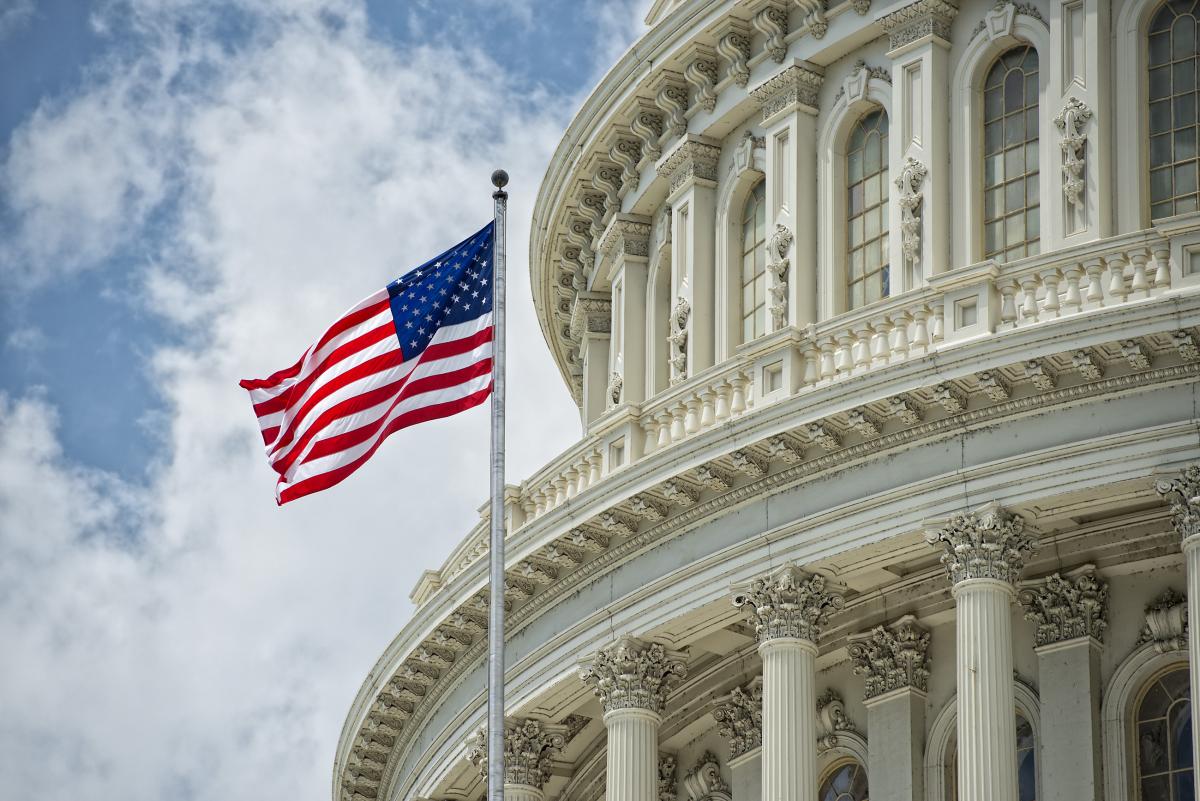 Legislation has been introduced in the U.S. Senate that seeks to ban institutional investors from investing in Russian entities due to the war in Ukraine.
Legislation has been introduced in the U.S. Senate that seeks to ban institutional investors from investing in Russian entities due to the war in Ukraine.
On March 2, Florida Republican Sens. Marco Rubio and Sen. Rick Scott introduced the Instituting Measures to Protect American Investors and Retirees from Russia (“IMPAIR Russia”) Act (S. 3733), which would prohibit U.S. institutional investors from purchasing a security issued by a Russian entity on or after the date of enactment.
Many Americans, including millions of retirees and pensioners, have money tied up in Russian markets—often without their knowledge—by fund managers, Rubio said in a statement announcing the legislation.
“Vladimir Putin’s invasion of Ukraine has left the Russian economy in shambles. We need to minimize the resultant harm to Americans, including teachers and retirees, who have pensions and retirement accounts invested in Russian securities,” Rubio said. “Many Americans do not even realize that fund managers have placed their money in these Russian companies. My bill would change that, protecting American retirees and denying Russian companies a critical source of capital.”
In banning institutional investors from purchasing Russian securities, the legislation would allow the president to impose penalties under subsections (b) and (c) of section 206 of the International Emergency Economic Powers Act. Institutional investors under the legislation are defined as:
- an investment company under section 3 of the Investment Company Act or any person that would be an investment company but for the application of paragraph (1) or (7) of subsection (c) of that section;
- an insurance company as defined in section 2(a) of the Investment Company Act; or
- a fiduciary within the meaning of section 3(21) of ERISA.
The term “Russian entity” means an entity organized under the laws of the Russian Federation or otherwise subject to the jurisdiction of the Government of the Russian Federation.
The legislation was referred to the Senate Banking, Housing and Urban Affairs Committee. Similar efforts are also happening at the state level with respect to public pension investments and university endowments requiring them to divest from Russian securities.
Also on March 2, President Biden issued an Executive Order extending for one year an Executive Order implemented in 2014 in relation to the annexation of Crimea and subsequently expanded that declared a national emergency pursuant to the International Emergency Economic Powers Act.

